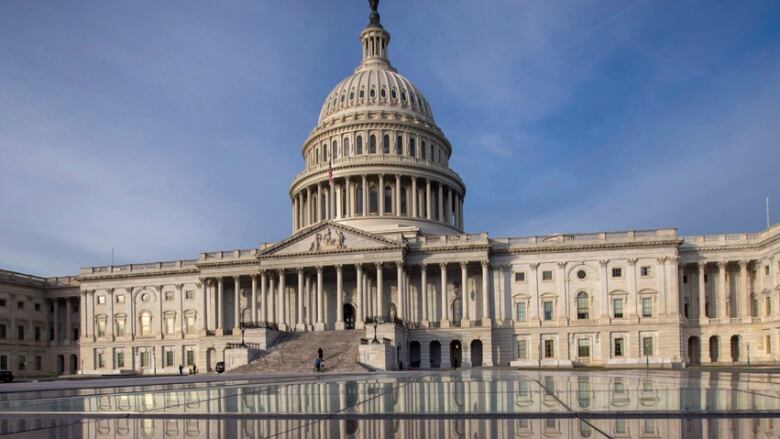U.S. government shutdown no threat to credit rating: Moody's

The U.S. government shutdown that began on Saturday is disruptive to the economy, but poses no immediate threat to its top notch Aaa rating as long as it makes its debt payments on time, Moody's Investors Service said on Monday.
The federal shutdown, the first since 2013, would make it likely that the issue of raising the statutory borrowing limit will become part of the next round of budget negotiations in Washington, the rating agency said in a research note.
"Although the shutdown will be credit negative for the sovereign to the extent that it disrupts the U.S. economy, it will not have any immediate implications for the U.S. government's credit rating," Moody's said.
On Friday, Fitch Ratings said a shutdown would not affect its AAA-rating on the United States.
Financial markets have brushed off the shutdown.
Still, the shutdown stopped federal discretionary spending that represents about 38 per cent of non-debt related outlays and includes most day-to-day government operations, according to Moody's.
It is unclear when the shutdown will end as Republican and Democratic lawmakers have been unable to reach a funding agreement, even a temporary one.
Even with the current impasse on government funding, Moody's expected Congress will raise the debt ceiling before the government is expected to run out of cash in late February or early March after extraordinary measures by the Treasury Department are exhausted.












_(720p).jpg)


 OFFICIAL HD MUSIC VIDEO.jpg)
.jpg)



























































































